

Why is Nutrition in Cancer Important?
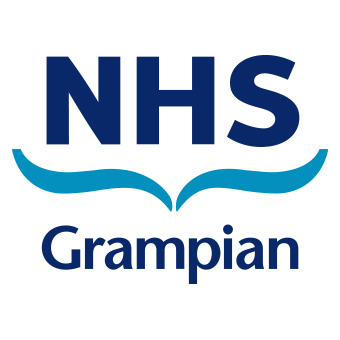
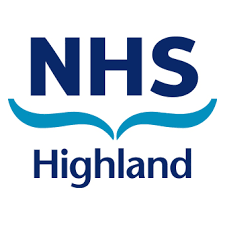
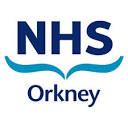

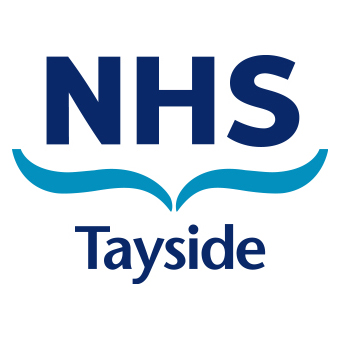
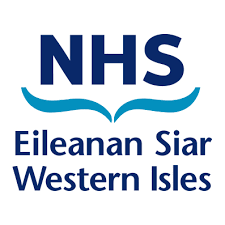
Why is Nutrition in Cancer Important?
Cancer affects how the body uses nutrition, in some cases how much nutrition you require may increase. Cancer treatments can put huge demands on the body so eating well during treatment is important.
Symptoms of cancer and side effects of cancer treatments can affect how well you are able to eat and drink. This can be due to a number of reasons including:
· Feeling Full (Early Satiety)
· Fatigue (Tiredness)
· Appetite Loss (Anorexia)
· Feeling Sick (Nausea)
· Vomiting
· Changes in your bowels e.g. diarrhoea and constipation
If you are eating normally and have experienced no change in weight then you can make sure you are making healthy choices for your body, here is a link with more information:
Malnutrition
If you are losing weight, have reduced appetite/food intake or are underweight you are at risk of malnutrition. Malnutrition is common in people with cancer as it can be difficult to get all of the nutrition you need. Being malnourished can lead to delays and interruptions to cancer treatment, more treatment side effects, poor wound healing, an increased risk of infections, longer hospital stays and mobility problems.
You can use this online screening tool to determine your risk of malnutrition:
Unexplained Weight Loss, Poor Appetite - BAPEN Malnutrition Self-Screening
If your results show that you are at risk of malnutrition or if you have any of the problems listed above, please speak to the team who are looking after you for example your specialist nurse or GP, as you may be referred to a dietitian who can provide advice.
Before Cancer Surgery or Treatment
Studies have shown that being well nourished prior to surgery or starting cancer treatment improves your outcome and reduces the risk of complications. In as little as two weeks you can make changes to improve your nutritional status in preparation for treatment or surgery but ideally, the earlier you start, the bigger the impact. This is part of a practice called 'Prehabilitation'. You can find out more about The Scottish Government’s Prehabilitation framework here
As well as changes to your diet, you can consider other health improving activities such as increasing physical activity, making better lifestyle choices and looking after your mental health. You can find more information here:
Preparing for Cancer Treatment
During Cancer Treatment
During cancer treatment it is important not to restrict your diet as you may need extra nutrition to cope with treatment.
If you have been following a special diet for your type 2 diabetes, high cholesterol or high blood pressure you may be able to relax these dietary restrictions during your cancer treatment. If you have further questions, please discuss this with your specialist team.
After Surgery and/or Treatment
In the weeks and months after surgery or treatment, your nutrition remains very important in order to help with your recovery.
In the longer term, nutrition can also play a part in preventing the development of cancer and cancer recurrence. You can find out more about cancer prevention on the World Cancer Research Fund Website
Some people may experience lifelong consequences of cancer surgery and treatments which can make eating and drinking normally more difficult. Your dietitian, or your specialist team, can provide support throughout your monitoring period to help you to manage these and reach the best quality of life you can.
